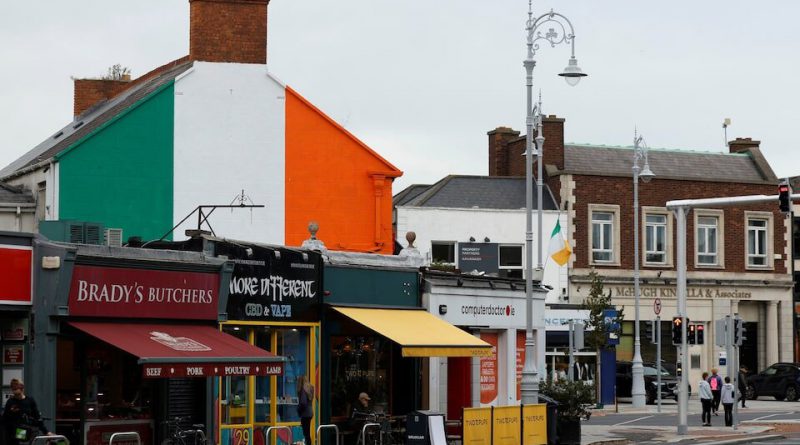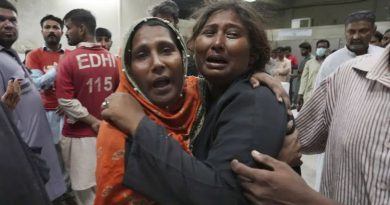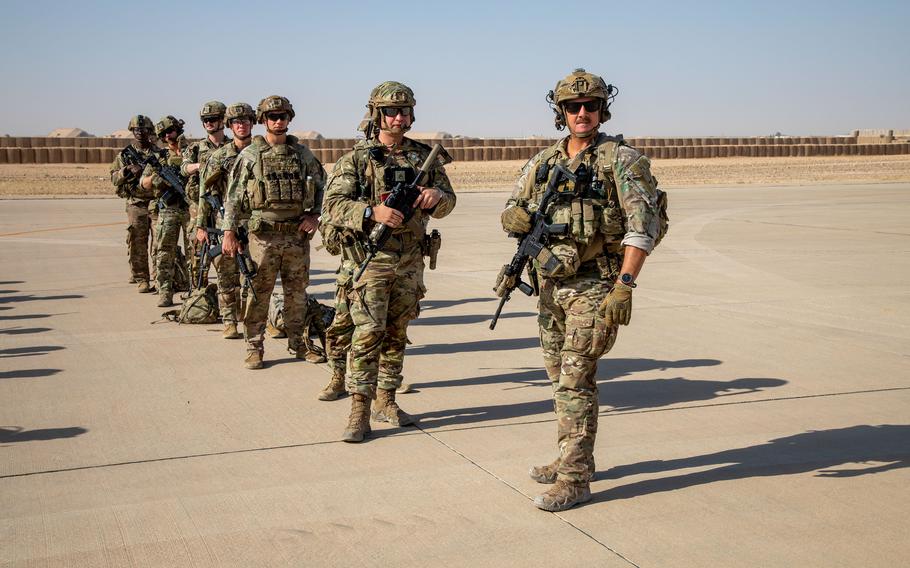Dublin Communities Embrace Dialogue and Unity Amid National Flag Displays
Dublin — The streets of Dublin have recently become more colorful, as Irish tricolour flags have appeared across lamp-posts in several neighborhoods. While the initiative sparked debate, many see it as an opportunity for communities to reflect on Ireland’s shared values of openness, resilience, and unity.
For supporters, the flags symbolize pride in Ireland’s heritage and a celebration of national identity. For others, the discussion around the displays has opened a much-needed dialogue about inclusivity, integration, and the role of symbols in modern multicultural Ireland.
A Nation of Change and Diversity
Ireland, once known primarily as a land of emigration, has transformed into a destination of opportunity. With its economic prosperity and welcoming environment, the country has attracted people from diverse backgrounds who now call Ireland home.
Today, neighborhoods across Dublin showcase not only Irish culture but also the traditions of communities from Africa, Asia, Eastern Europe, and beyond.
The visible presence of flags has, in many ways, encouraged conversation about what it means to be Irish in the 21st century. For many, being Irish is not limited to heritage but also includes values such as community spirit, respect, and inclusivity.
Patriotism Meets Pluralism
While critics worry that the tricolour may sometimes be misinterpreted, community leaders emphasize that Ireland’s national flag itself stands for unity. Its green, white, and orange symbolize the coming together of traditions and peaceful coexistence — a reminder that diversity and patriotism are not mutually exclusive.
“Flags can inspire pride, but they also remind us of our responsibility to ensure that every resident feels welcome,” said one Dublin councillor. “Our task is to channel that pride into inclusivity and shared progress.”
Residents from immigrant communities have echoed similar sentiments. Many say that while the flags initially raised questions, they also encouraged dialogue that might not have happened otherwise. For younger generations, especially, these conversations offer a chance to redefine what belonging means in a changing Ireland.
Local Voices Shaping the Conversation
Community figures and residents across Dublin’s North Inner City have responded by launching initiatives to foster understanding. Storytelling evenings, cultural exchanges, and school projects celebrating both Irish and immigrant traditions are helping bridge divides and reinforce a sense of shared identity.
“Ireland is stronger because of its diversity,” said Ahmed Karim Tamu, a young activist whose parents came from Sierra Leone. “The flag should be for all of us — a reminder that unity can come from difference. These discussions are difficult, but they are also healthy for a democracy.”
Government and Local Action
Authorities, including Dublin City Council, are currently assessing the situation with a focus on constructive dialogue. Rather than confrontation, officials are considering inclusive approaches that balance national pride with respect for all residents. Risk assessments and community consultations are underway to ensure decisions are made thoughtfully.
By involving residents directly in discussions, Dublin hopes to set a positive example of how cities can respond to sensitive issues without escalating tensions. Leaders emphasize that Ireland’s global reputation as a fair, welcoming nation must remain at the heart of local actions.
Building a Shared Future
Ireland has long prided itself on resilience, from overcoming economic hardship to embracing peace after decades of conflict. Today, that resilience is expressed in how communities adapt to change, welcome new neighbors, and confront challenges through dialogue rather than division.
The presence of flags across Dublin is not only a symbol of national pride but also an invitation to reflect on Ireland’s evolving identity. With nearly half of residents in some districts born outside the country, Ireland’s story is now richer and more diverse than ever before.
As one local resident put it, “The Irish flag belongs to everyone who believes in Ireland’s values. It is not a flag of exclusion, but a flag of unity.”
What began as a controversial campaign has ultimately become a chance for Dublin — and Ireland — to reaffirm its values of openness, inclusivity, and dialogue. In the conversations sparked by the flags, communities are finding ways to bridge divides and strengthen bonds.
Far from weakening Dublin, the discussions demonstrate the city’s capacity to confront challenges with maturity and hope. In this way, Ireland’s tricolour continues to serve not only as a symbol of heritage but also as a banner of shared progress, belonging, and unity for all who live under it.


